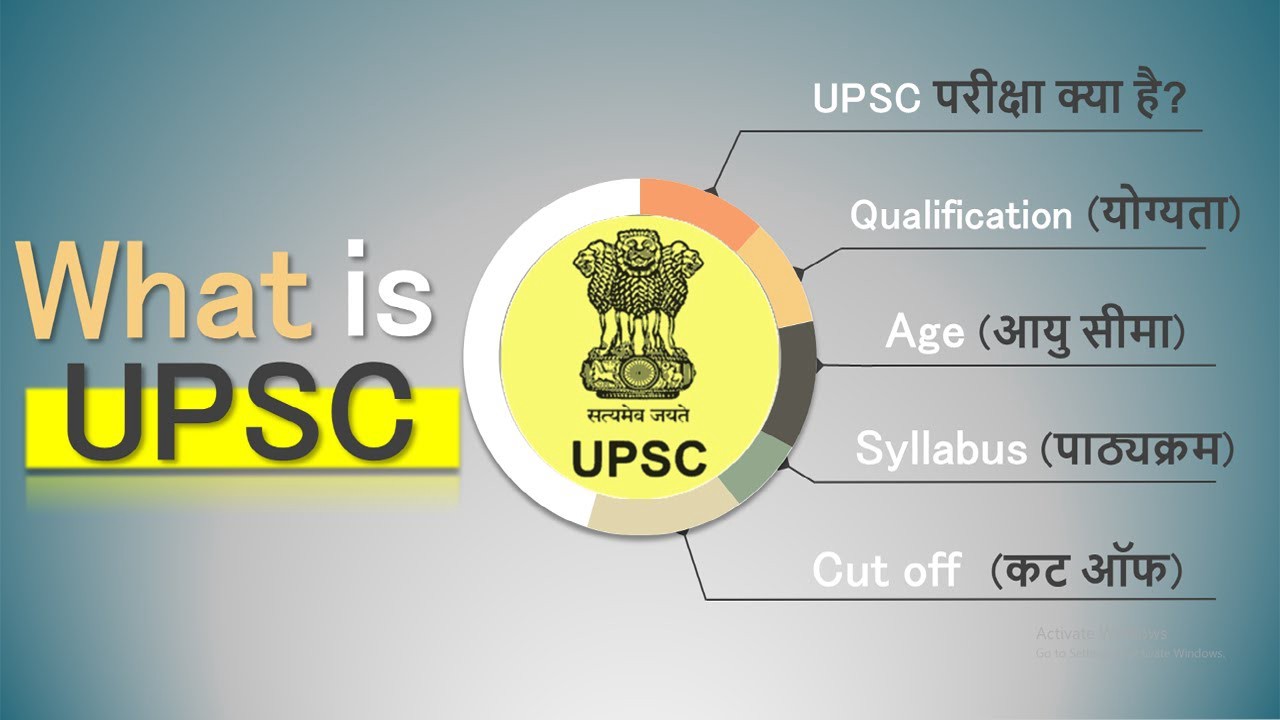Every student aspires to do well in what is UPSC Prelims examination. However, it must be remembered that people who breeze through the exam did so after putting in the hard effort and innovative work in the months leading up to the exam. Based on the interactions we’ve had with top prelims performers and their experiences, the secret to scoring well in UPSC Prelims is to have a focused strategy with a devoted plan. As a result, in this essay, we will discuss How to Get the Best UPSC Results.

- Study from Past Papers:
Students frequently wind up reading a book that is relevant to the exam from beginning to end. The premise is what UPSC aspirants read between the lines; their chances of passing the exam increase significantly. In addition, reviewing past year papers will provide you a glimpse into the thinking of the question paper setters and the current trends in questions. As a result, the relative pressure on your memory capacity is reduced, as you will only have to remember information related to the trend.
- Basic Concepts should be reviewed.
Even when studying for what is UPSC prelims papers, the necessity of basics becomes apparent. The majority of the questions can be answered if the fundamentals are solid. When we mention “basics,” we refer to the principles taught in NCERT textbooks. The topics must be understood well and at the appropriate time.
- Study from Limited Resources
Creating an entire collection of UPSC-related books can only lead you wrong. While reading is an excellent habit to have, you should always rely on a few resources to cover most of the Syllabus when it comes to studies.’ Learn how to master these few books. Our recommendation is to divide the books into Stages and not go on to the next level until you’ve mastered the previous one. Exam success will never come from rote memorization of content from many books.
In Conclusion:
Always prioritize quality above quantity. Aspirants can easily take up the appropriate path once they understand it. We hope you found this article to be informative. How to get the best UPSC results.
Reference Link(OriginallyPosted): https://eliteias.medium.com/how-to-score-best-results-in-upsc-53fe2f79ae65
https://eliteiasonline.wordpress.com/2022/02/15/how-to-score-best-results-in-upsc/
Comments
Post a Comment